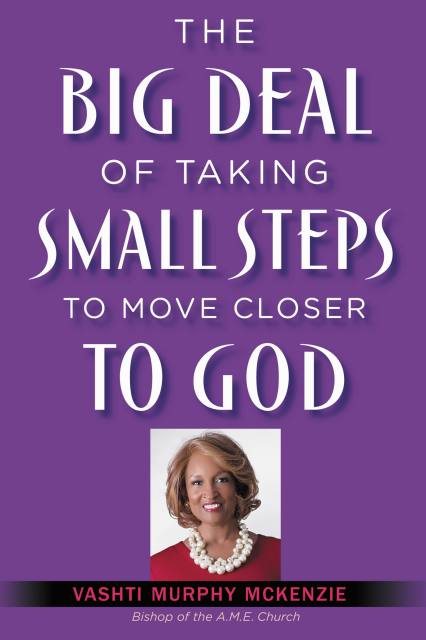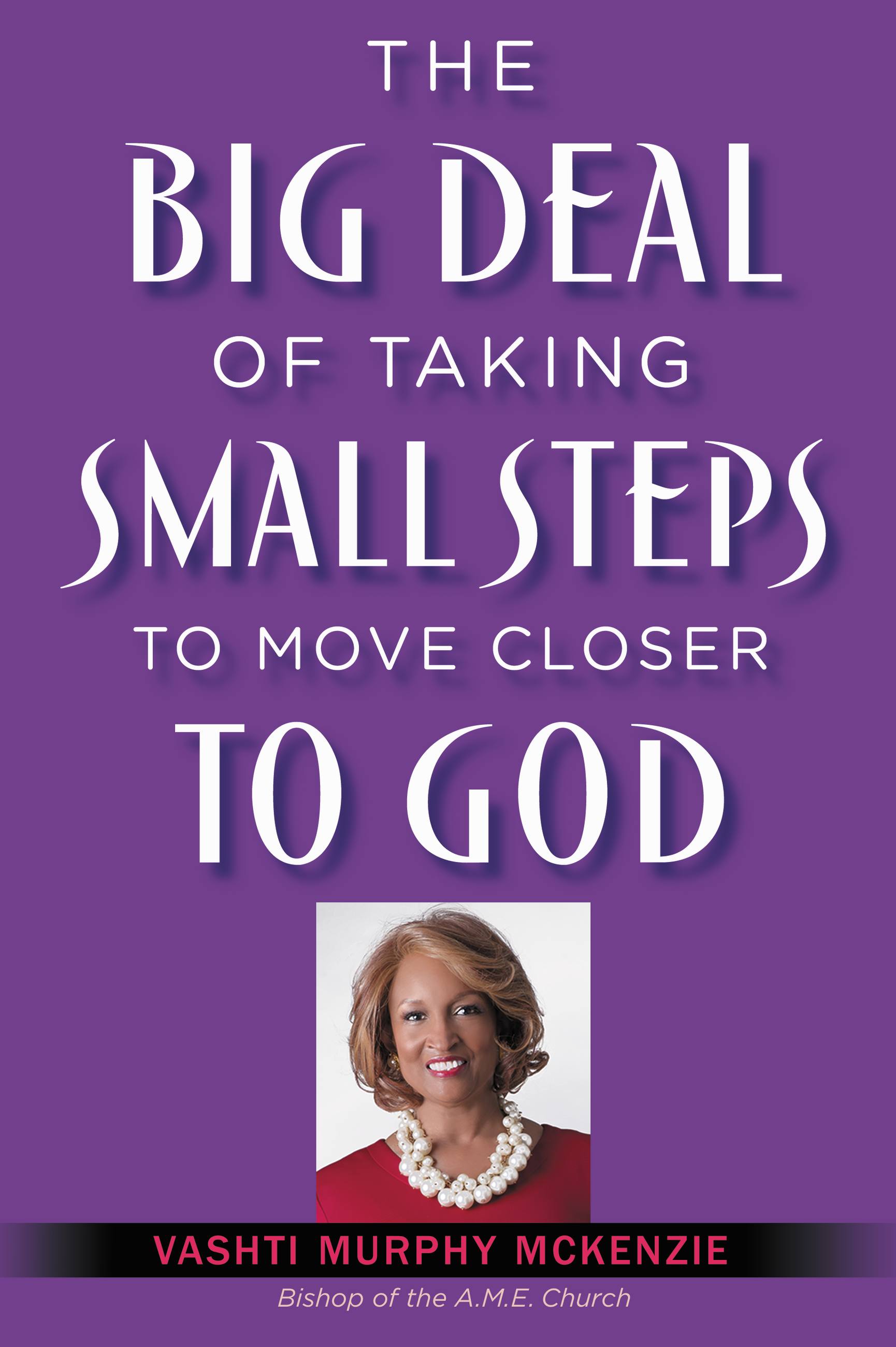Promotion
Use code MOM24 for 20% off site wide + free shipping over $45
The Big Deal of Taking Small Steps to Move Closer to God
Contributors
Formats and Prices
Price
$9.99Price
$12.99 CADFormat
Format:
- ebook $9.99 $12.99 CAD
- Audiobook Download (Unabridged)
- Trade Paperback $17.99 $22.99 CAD
This item is a preorder. Your payment method will be charged immediately, and the product is expected to ship on or around May 16, 2017. This date is subject to change due to shipping delays beyond our control.
Also available from:
THE BIG DEAL… shows how to develop a stronger relationship with God and more effective spiritual lifestyle by taking small steps that lead to big changes.
Been running for Jesus a long time
(I’m not tired yet)
Been singing for Jesus a long time
(I’m not tired yet)
Been running by day and praying by night
(I’m not tired yet)
I’ve gotta get going, it’s a mighty hard fight
(No…I’m not tired yet)
I’ve been serving God a long time
(I’m not tired yet)
I’ve been living for God a long time
(I’m not tired yet)
I’ve been praying to the Lord a long time
(I’m not tired yet)
It’s an uphill journey but all I’ve got to say is
(I’m not tired yet)
The old spiritual song lifts you, but you are tired. Or maybe you’re bored. You’re still going to church. You’re still praying. You’re still serving. You’re still giving. Deep within you, faith remains. But you feel a longing.
You’re not seeking fireworks. You’re not a pew-sitter, safe in some spiritual comfort zone, looking for a thrill from the Lord. Your trust in God is secure. But you feel a longing for something more, deeper, fresher.
If you’ve ignored these innermost feelings thinking they’re no big deal, this basic yet dynamic program that Bishop Vashti McKenzie has implemented in more than two hundred churches with astounding results is for you. Individuals who have had many years of Christian life discovered a renewed sense of calling and purpose. Even new believers were invigorated in their faith-building process.
Bishop McKenzie prescribes very small changes-such as adding a mere thirty seconds of prayer daily-that lead to radical closeness to God. And building an enjoyable, meaningful relationship with the Almighty doesn’t mean striving for perfection. Small steps-but meaningful steps-collectively evolve into intimacy with God. And the big deal result is greater ability to biblically address life challenges. The big deal is that you’re even more available to serve family, church, and community: truly in “no ways tired.” Increasing spirituality is incremental, not monumental. Mustard-seed-like increases in positive actions (and corresponding decreases in negative ones) yield mountain-moving growth!
Genre:
- On Sale
- May 16, 2017
- Page Count
- 304 pages
- Publisher
- FaithWords
- ISBN-13
- 9781455596553
Newsletter Signup
By clicking ‘Sign Up,’ I acknowledge that I have read and agree to Hachette Book Group’s Privacy Policy and Terms of Use







